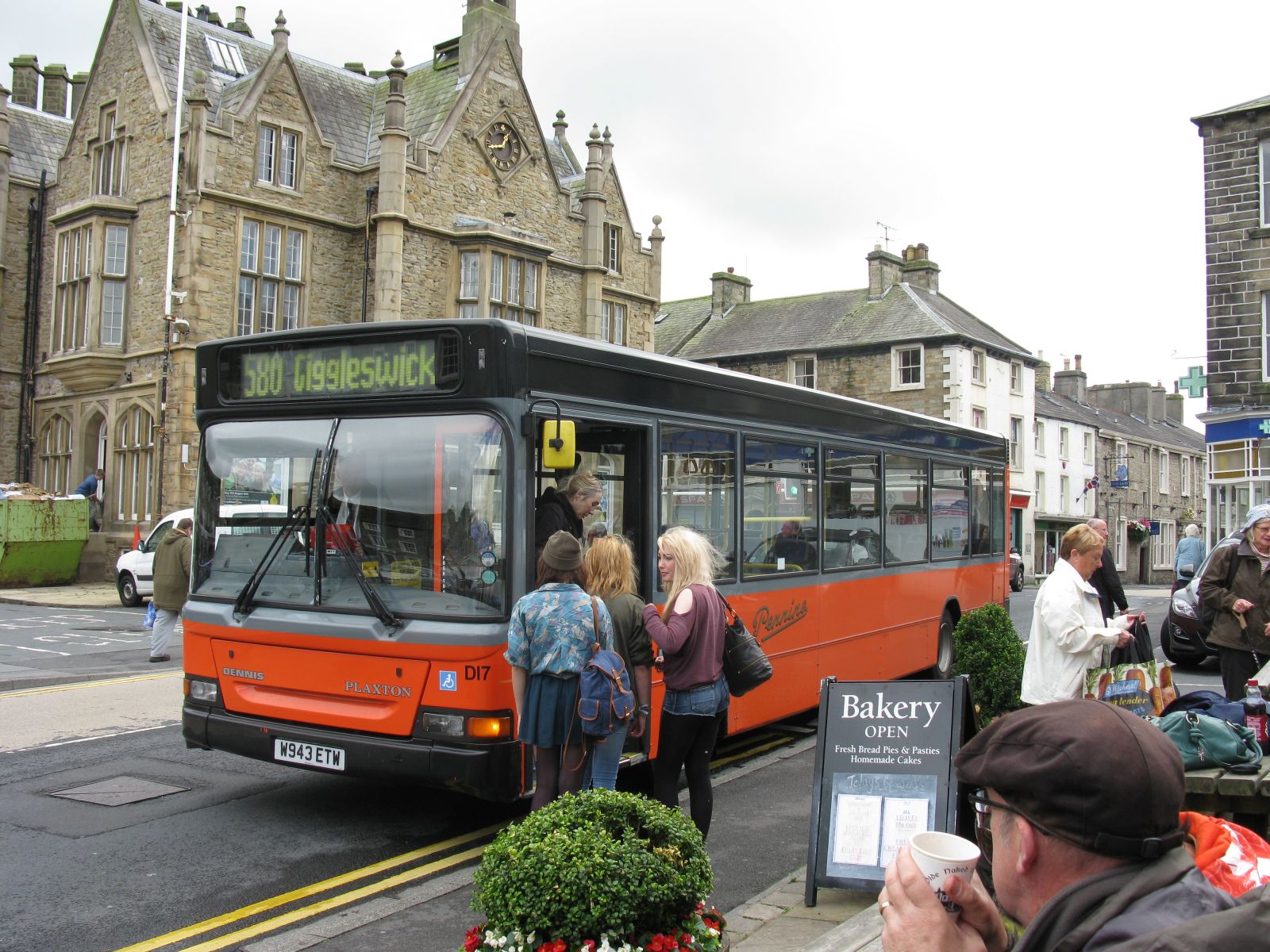
The senior bus pass and rural transport – the bleak price of success
Colin Speakman, transport campaigner and Campaign for National Parks council member writes about the adverse impact free bus services for OAPs are having.
 One of the most popular actions of the last Labour government was the introduction, in 2008, of free concessionary travel throughout England through the Concessionary Bus Travel Act 2007 (similar schemes had already been operating in both Wales and Scotland). People eligible for free off-peak travel on local bus service as a result of this act include all people of retirement age (initially 60 but this has risen in line with changes in statutory pension eligibility) and those with disabilities.
One of the most popular actions of the last Labour government was the introduction, in 2008, of free concessionary travel throughout England through the Concessionary Bus Travel Act 2007 (similar schemes had already been operating in both Wales and Scotland). People eligible for free off-peak travel on local bus service as a result of this act include all people of retirement age (initially 60 but this has risen in line with changes in statutory pension eligibility) and those with disabilities.
The case of granting this concession to something like 11 million – about 20% of the population of England – is a compelling one. Many elderly and disabled people, often on low incomes can now make essential journeys which otherwise would be unaffordable, but also enjoy leisure trips for shopping, sightseeing and into the countryside. This is good for their health and well-being, enabling people to socialise, take exercise and reduce social isolation which is a major cause of depression among older people. If you set the estimated current cost of giving people free travel of £1 billion per annum, against savings to the NHS alone, it would be a positive balance. But that ignores the fact that older people spend money in coffee shops, visitor attractions, country markets. One study estimates that for every £1 spend on bus passes, £2.87 is returned to the economy. Even giving the pass to better off people can be justified in reduced car journeys, congestion and pollution.
In theory, it could also be argued that as the concession only applied on off peak buses, already paid for at public expense, then pass users are largely taking up otherwise empty seats.
But the scheme has proved so popular that bus operators often had to provide extra buses to meet demand, whist many rural routes had a new surge of passenger use. The basic premise was that local bus operators should be “no better nor worse off” as a result of the scheme, which meant that reimbursement rates would be less than standard fares to allow for the fact that many extra trips would be generated by pass holders.

The bus above is run by Pennine Motors, a company which operated for successfully 99 years between Skipton and Settle before being undermined by the derisory level of NYCC senior pass reimbursement but driven out of business in 2014, and the 74 bus in Grassington – this service from April is now “commercial” only 3 days a week (we are trying to put a package together to save the Saturday service) and low level of ENCT reimbursement will continue to undermine its viability.
Sadly in the grim years of austerity, it has all turned sour. Cash starved local authorities forced to pay for concessions from severely depleted transport budgets (Government only partly compensates local authorities) have slashed bus budgets. What started as trimming a few lightly used rural routes has now become a Beeching of the Buses as whole areas of rural England are now in the process losing their entire local bus network, or keeping only a skeletal serving, perhaps two or three mornings a week. Worse, even commercial bus operators, operating services without subsidy, are now at severe risk because of reimbursement formulas that fail to recognise the fact that most rural bus routes do not enjoy high morning and evening peak flows of cash paying commuters, but depend on off-peak pass holders. In areas like North Yorkshire with an ageing population and high car ownership, on some routes over 80% of users are pass holders. With some small operators receiving little more than £1 per passenger in compensation over routes of twenty or more miles, concessionary fares are now a poisoned chalice, killing once healthy commercial, as well as tendered, bus services.
The Government’s answer is to look to Community Transport schemes, usually based on volunteer driven minibuses. But these are only a partial solution to a rural transport crisis which threatens to turn many areas of Britain, including popular tourist areas such as National Parks, into public transport deserts. The social, economic and environmental consequences of losing our rural bus networks are massive and long-term.
What is especially tragic that this is situation has resulted from a failure of political imagination to understand the need to properly fund a popular and progressive measure which has, until recently, added so much to the quality of life for people both living in and visiting rural Britain.
